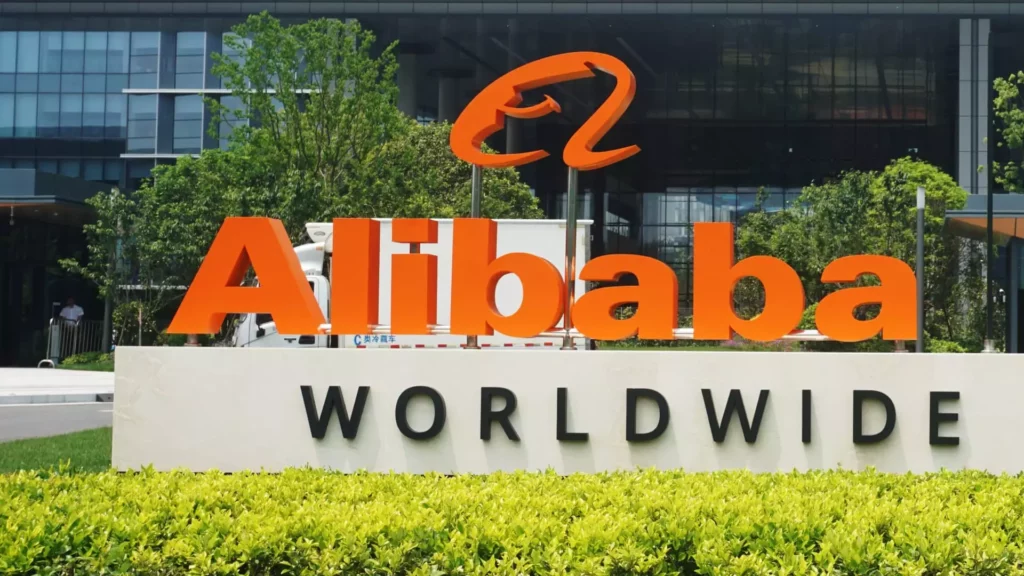The rise of global e-commerce has brought forth an increasingly complex need for seamless communication across different languages. As the demand for international trade intensifies, companies are harnessing the power of artificial intelligence to facilitate smoother interactions. In this sphere, Alibaba’s international division has rolled out an upgraded version of its AI translation tool, Marco MT, claiming superiority over existing solutions from major competitors like Google, DeepL, and ChatGPT. This development is not just an incremental update; it’s a strategic move aimed at enhancing the platform’s usability, particularly for e-commerce merchants looking to expand their international reach.
The heart of Alibaba’s improved translation tool lies in its reliance on large language models (LLMs). These sophisticated models have been trained on vast datasets, which enable them to generate context-aware translations that consider cultural nuances and industry-specific lexicon. According to Kaifu Zhang, vice president of Alibaba International Digital Commerce Group, the new model aims to provide translations that are not only accurate but also resonate with the target audience. “We want this AI tool to help the bottom line of the merchants,” Zhang asserts, emphasizing that the success of the platform is inherently tied to the prosperity of its users.
The previous version of the translation tool had already amassed around 500,000 merchant users and facilitated over 100 million translated product listings. With the introduction of Marco MT, which supports 15 languages including Arabic, Chinese, English, Spanish, and Turkish, Alibaba is strategically positioning itself as a leader in the realm of AI-driven solutions for global commerce.
Alibaba’s update to its translation technology is particularly timely, considering the global trend of businesses, especially those based in China, seeking expansion beyond their domestic markets. The e-commerce landscape has witnessed the emergence of various international players such as Shein and TikTok, alongside Alibaba’s own platforms like AliExpress and Lazada, which have been increasingly appealing to users in Southeast Asia and beyond.
The tool is designed to allow sellers from one country to create product listings in the language of their target market, thereby reducing communication barriers and enhancing user experience. Zhang underscored that emerging markets represent a significant opportunity for the tool, revealing that developing countries constitute about half of the top 20 user demographics on Alibaba.com.
One of the standout features of Alibaba’s translation tool is its ability to adapt translations based on context. Zhang illustrated the practical implications of this capability, sharing how a colloquial phrase in Chinese could be misunderstood in English if translated literally. Such insight reflects a deep understanding of not just the technical side of translation but also the importance of cultural relevance in e-commerce.
As online shopping continues to penetrate local markets, tools that enable sellers to connect with diverse consumer bases will prove invaluable. The anticipated demand for the enhanced translation service is robust, particularly in Europe and the Americas. When integrated into the broader e-commerce strategy, this translation functionality is expected to drive sales—doing so just in time for major shopping events like Alibaba’s Double 11 festival.
Alibaba’s international division has reported impressive sales growth of 32% year-on-year, amounting to $4.03 billion in the last quarter, significantly outperforming Alibaba’s more established platforms in China, which saw stagnant growth. Analysts predict that, while growth might slightly decelerate, operational losses within the international unit are narrowing—indicative of a business model that is on the right track.
However, the competitive landscape remains fierce, with technology companies continually refining their AI tools. Alibaba’s challenge will not only be to maintain its current momentum through innovative offerings but also to address the associated costs for merchants using these services. While the pricing structure for Marco MT has not been disclosed, it is essential for Alibaba to strike a balance between affordability and advanced capabilities to keep its user base expanding.
As Alibaba pushes forward with its AI translation tool, it aims to redefine the standards of user experience in international e-commerce. This initiative underscores a growing trend where technology is increasingly being adapted to meet the specific needs of businesses operating on a global scale. By delivering contextually relevant translations, Alibaba is expected to enhance merchant capabilities significantly, driving both engagement and sales. The question remains: can Alibaba maintain its position as a frontrunner in a rapidly evolving digital landscape? Only time will tell, but the company’s proactive approach certainly sets the stage for continued innovation and growth.

